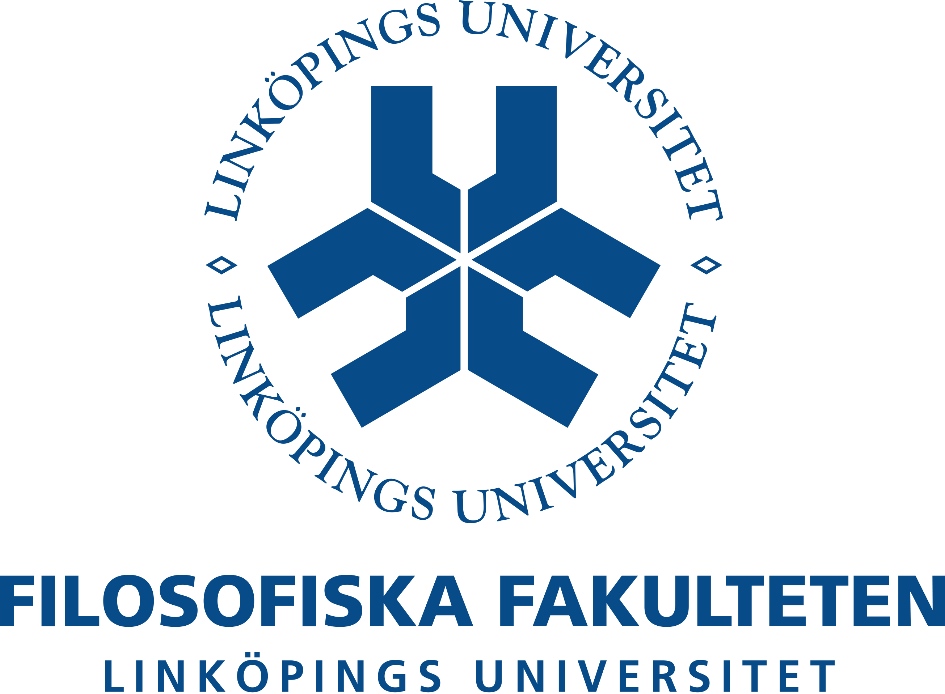
|
Visa engelsk kursplan |
|
Kurskategori Single Subject Course Huvudområde Teknik och social förändring - TSE Ämnesområde |
Kurskod | 743A06 |
- discuss the relation between technological development and environmental risks and concern
- demonstrate knowledge of the historical and cultural aspects of environmental problems, and specifically write about environmental issues in relation to technology
- discuss theories concerning technology, environmental and risks.
Introduction: a presentation of the aims, literature, seminars, forms of examinations and schedule for the course.
Seminar 1: Late lessons from early warnings
Environmental risks have a long history and the perceptions of the risks have changed radically during the last century. Which patterns can be discerned?
Risk perception, risk assessment and its critics
In this seminar different approaches to analysing and managing risks will be discussed, with particular references to environmental risks.
Articulating and constructing technological risks
Different ways in which risk is articulated and given meaning to a specific individual or group will be highlighted in this seminar.
Regulating technological risks
This seminar will provide an introduction to some aspects of the politics of risk regulating technology.
High Reliable Organization
This seminar will deal with the theory of High Reliable Organizations and its applicability in studies of risk.
Risk Society and Reflexive Modernization
Here Ulrich Beck’s theory of the risk society and reflexive modernization will be scrutinized in relation to actual environmental issues and social theory.
Risk Environment and Modernity
This seminar concentrates on a range of efforts to make sense of environmental issues and risks within contemporary social theory.
Ecological Modernization and risk
In focus for this seminar stands the influential theory of ecological modernization and examples of the politics of ecological modernization.
Radioactive waste management – the Swedish case
Sweden is an extraordinarily interesting case when it comes to nuclear energy politics and radioactive waste management. Here we will dig into it and relate it to risk theory.
Students who have twice failed an examination that covers either a part of the course or the whole course may demand that another faculty member determines the grade for them.
Students who have failed an examination are normally allowed to retake it on two additional occasions, one of which should be arranged shortly after the first examination. Those who have passed an examination may not retake it in order to improve their grades.
Studerande som underkänts två gånger på kursen eller del av kursen har rätt att begära en annan examinator vid förnyat examinationstillfälle.
In-depth study of at least 90 ECTS credits (3 semesters of full-time study) in the major subject is required, including a paper corresponding to approximately 10 weeks of study (15 ECTS credits).
Documented knowledge of English equivalent to "Engelska B"; i.e. English as native language or an internationally recognized test, e.g. TOEFL (minimum scores: Paperbased 550 + TWE-score 4.0, computorbased 213 and internetbased 79), IELTS, academic (minimum score: Overall band 6.0 and no band under 5.0), or equivalent.
Kursen bedrivs på ett sådant sätt att både mäns och kvinnors erfarenhet och kunskaper synliggörs och utvecklas.
|
||||||||||||||||||||||||||||||||||||||||||||||||||||||||||||||||||||||||||||||